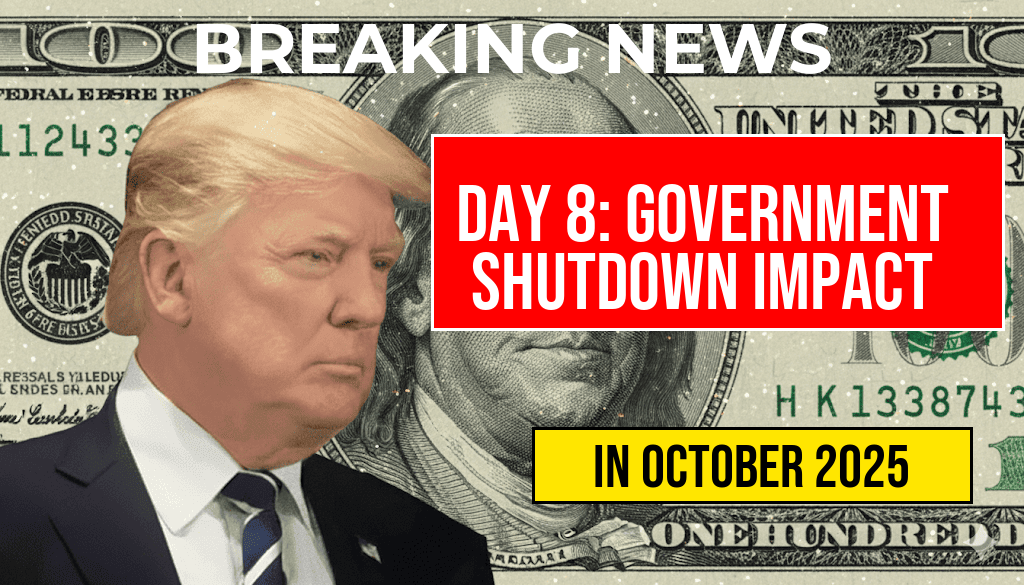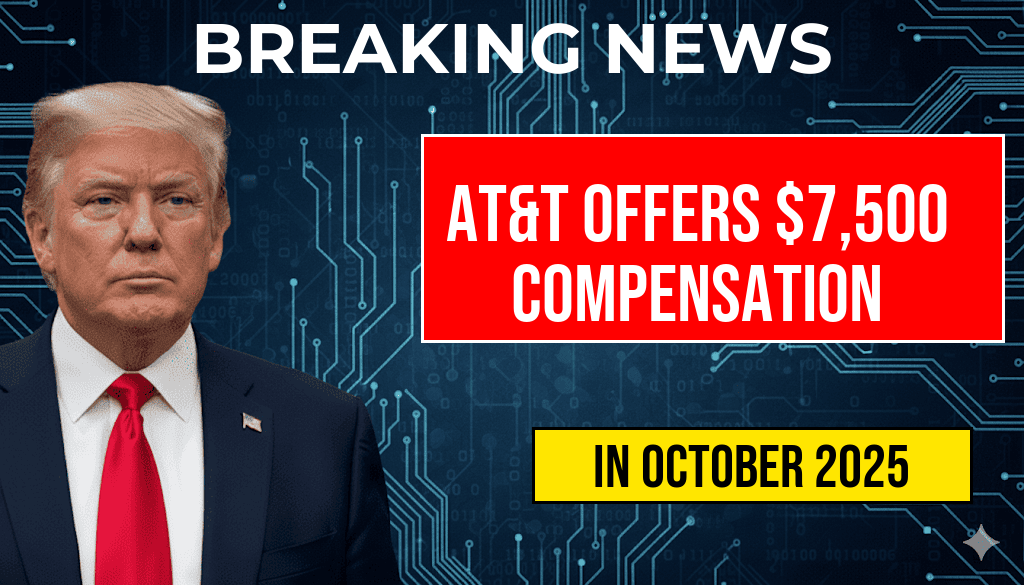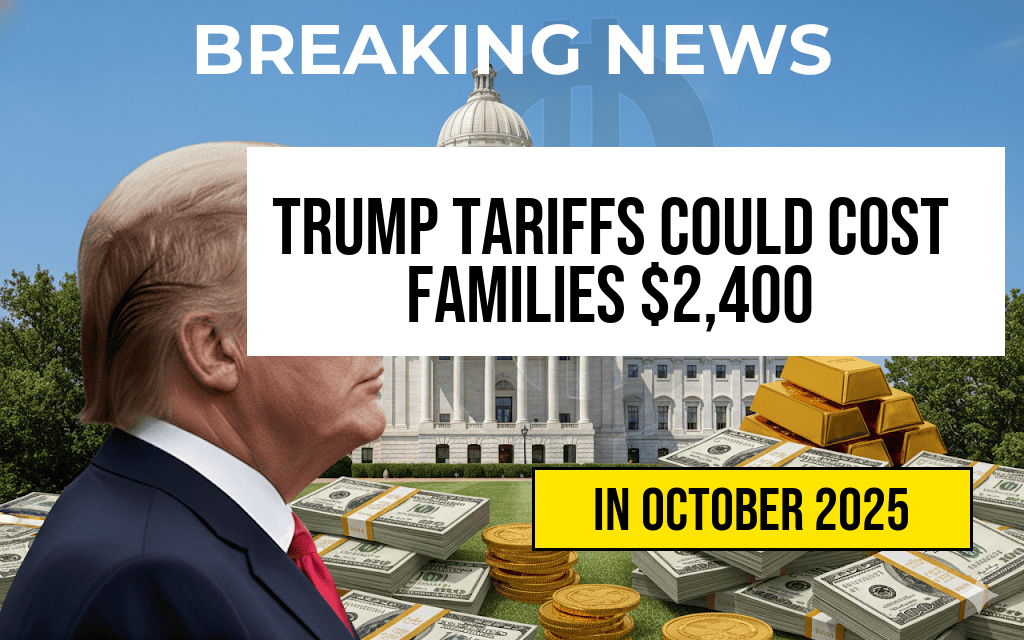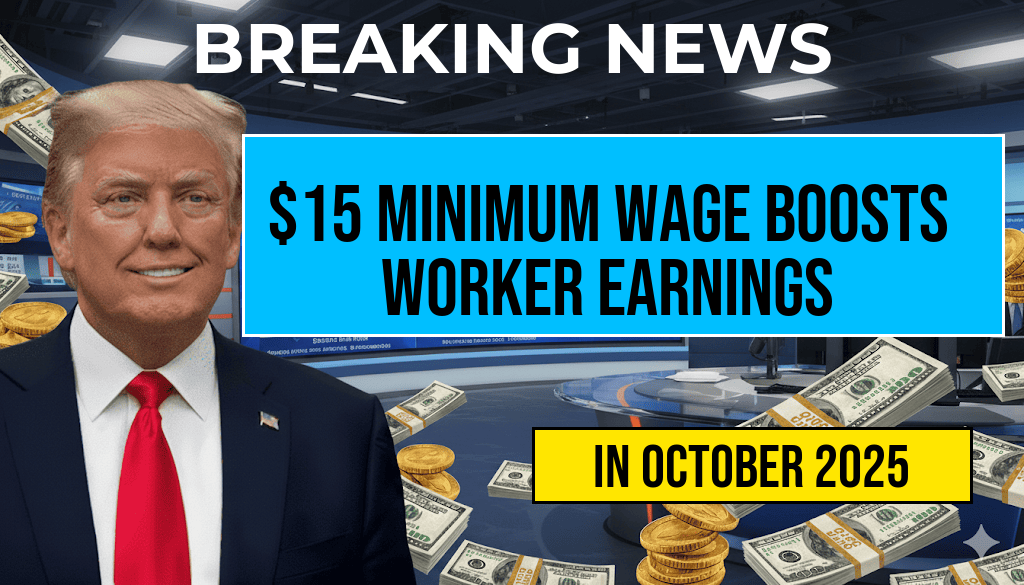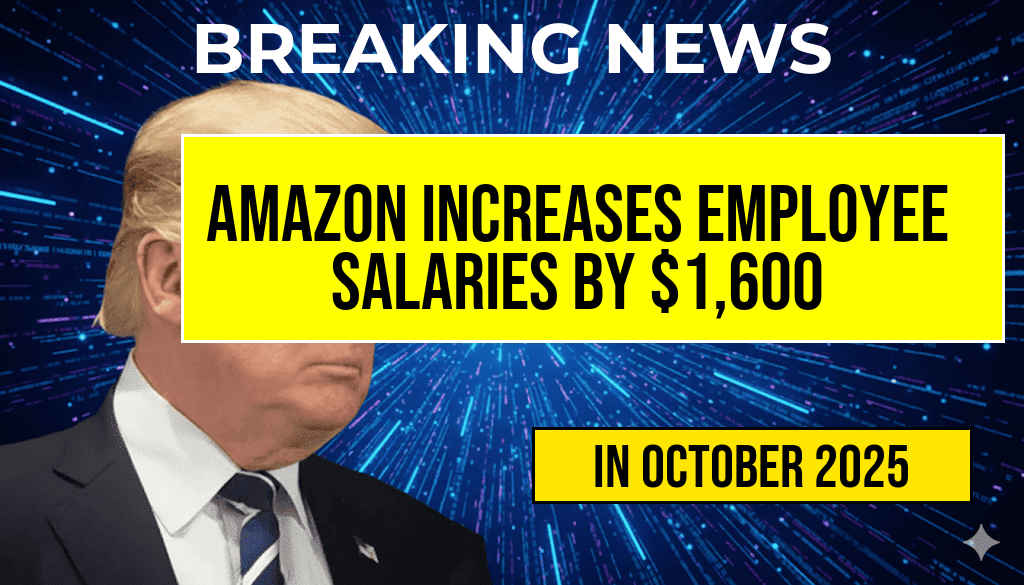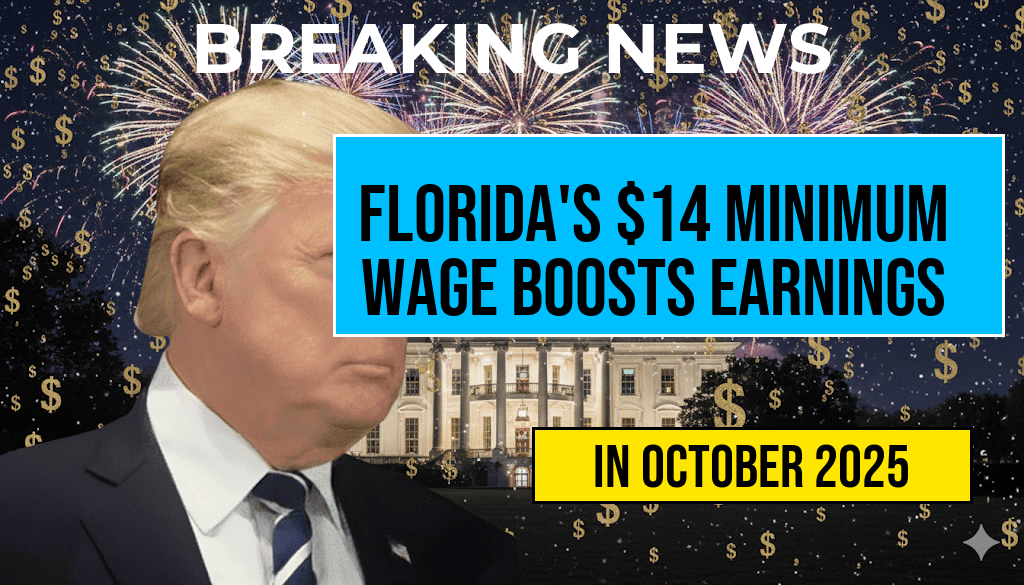As the government shutdown enters its eighth day, uncertainty looms over the fate of federal employees and essential government operations. With negotiations between lawmakers stalled, questions intensify about whether federal workers will receive their paychecks, face delayed payments, or endure temporary financial hardship. While some agencies have managed to operate on emergency funds, many federal employees remain in limbo, uncertain if they will be compensated fully, partially, or not at all. This prolonged shutdown, driven by partisan disagreements over budget priorities, underscores the broader economic and administrative repercussions of federal inaction. As the situation persists, affected workers, contractors, and government contractors are anxiously awaiting clarity from Congress and the White House regarding their financial security during this unprecedented impasse.
The Current Status of Federal Payments and Worker Impacts
Federal Employees and Paychecks
Federal employees are experiencing varying degrees of financial uncertainty depending on their agency, job classification, and whether they are classified as essential or non-essential workers. The Office of Personnel Management (OPM) has indicated that most federal workers will not receive paychecks during the shutdown unless Congress passes legislation to provide back pay. Historically, during previous shutdowns, many federal employees have faced delayed or missed paychecks, causing concern among those living paycheck to paycheck.
Essential personnel, such as law enforcement officers, air traffic controllers, and military service members, are often required to report to work without immediate compensation. According to the Office of Personnel Management, these employees are expected to receive back pay once funding is restored, but the timing remains uncertain. Conversely, non-essential employees are typically furloughed, with their pay status dependent on legislative action.
Government Contractors and Small Businesses
Beyond federal employees, thousands of government contractors face mounting financial strain. Many contracts are put on hold during shutdowns, leaving contractors without work and income. Small businesses that rely heavily on government projects are particularly vulnerable, with some reporting delays in payments and cancellations that threaten their operational stability.
Legislative Efforts and Political Dynamics
Key Developments in Negotiations
As the shutdown persists into its eighth day, negotiations remain deadlocked, with lawmakers divided over spending priorities and policy provisions. Senate leaders and House representatives have engaged in intermittent talks, but no consensus has emerged to reopen the government or pass interim funding bills. The stalemate is fueled by disagreements over immigration policy, defense spending, and social programs, complicating efforts to reach a bipartisan agreement.
Potential Pathways to Resolution
- Continuing Resolution (CR): A short-term funding bill could avert further shutdowns, providing temporary funding to keep agencies operational while negotiations continue.
- Full Budget Agreement: A comprehensive budget deal would address the underlying issues, restoring full funding and ensuring pay for federal workers.
- Legislative Relief for Pay: Specific bills could be introduced to guarantee back pay for federal employees, mitigating immediate financial hardship.
Economic and Social Implications
Impact on Federal Operations
The ongoing shutdown hampers numerous government functions, from national security and public health to economic regulation. Agencies like the Centers for Disease Control and Prevention (CDC) and the Federal Emergency Management Agency (FEMA) have scaled back activities, affecting public safety and emergency response capabilities. Delays in processing permits, grants, and administrative services ripple through various sectors, underscoring the shutdown’s broad economic footprint.
Financial Hardships for Workers
| Worker Category | Payment Status | Details |
|---|---|---|
| Essential Employees | Expected to Receive Back Pay | Work without immediate pay; compensation scheduled after funding resumes |
| Non-Essential Employees | Furloughed with Possible Delay | May miss paychecks unless legislation intervenes |
| Contractors | Likely Unpaid | Work halted, payments delayed depending on contract terms |
Public and Political Reactions
Federal Workers and Advocacy Groups
Many federal employees have voiced frustration over the prolonged shutdown, citing financial strain and job insecurity. Unions and advocacy organizations are calling for swift congressional action to reestablish funding and provide financial relief, emphasizing the importance of supporting public servants who keep essential services running.
Government Accountability and Future Risks
Experts warn that repeated shutdowns threaten the integrity of federal institutions and undermine public trust. The recurring nature of such crises highlights the need for long-term budget solutions rather than temporary patches. Analysts from institutions like Wikipedia note that shutdowns can have lasting impacts on government efficiency and fiscal stability.
Looking Ahead
As the standoff continues into its eighth day, federal workers, contractors, and the broader economy await decisive action from Congress. The potential for negotiations to yield a short-term resolution or a comprehensive budget agreement remains uncertain, but the mounting pressure from affected workers and the public increases the urgency for lawmakers to negotiate in good faith. The outcome will determine whether federal employees will receive full compensation, face delayed payments, or endure ongoing financial hardship in the coming days.
Frequently Asked Questions
What is the current status of the government shutdown on Day 8?
The government shutdown has entered its eighth day, leading to disruptions in federal operations and services across various agencies.
Will federal workers receive pay during the shutdown?
Typically, federal workers may experience no pay during a shutdown unless specific legislation is enacted to provide retroactive compensation.
Are there any exemptions for essential federal employees?
Yes, essential federal employees involved in national security and public safety may continue working but often do not receive pay until the shutdown is resolved.
What are the potential impacts of the shutdown on federal services?
The shutdown can lead to delays or suspensions of government services, affecting everything from processing benefits to national security operations.
Is there any hope for a quick resolution to this shutdown?
The government and lawmakers are actively negotiating, but the duration of the shutdown remains uncertain, with potential for resolution depending on legislative negotiations.

